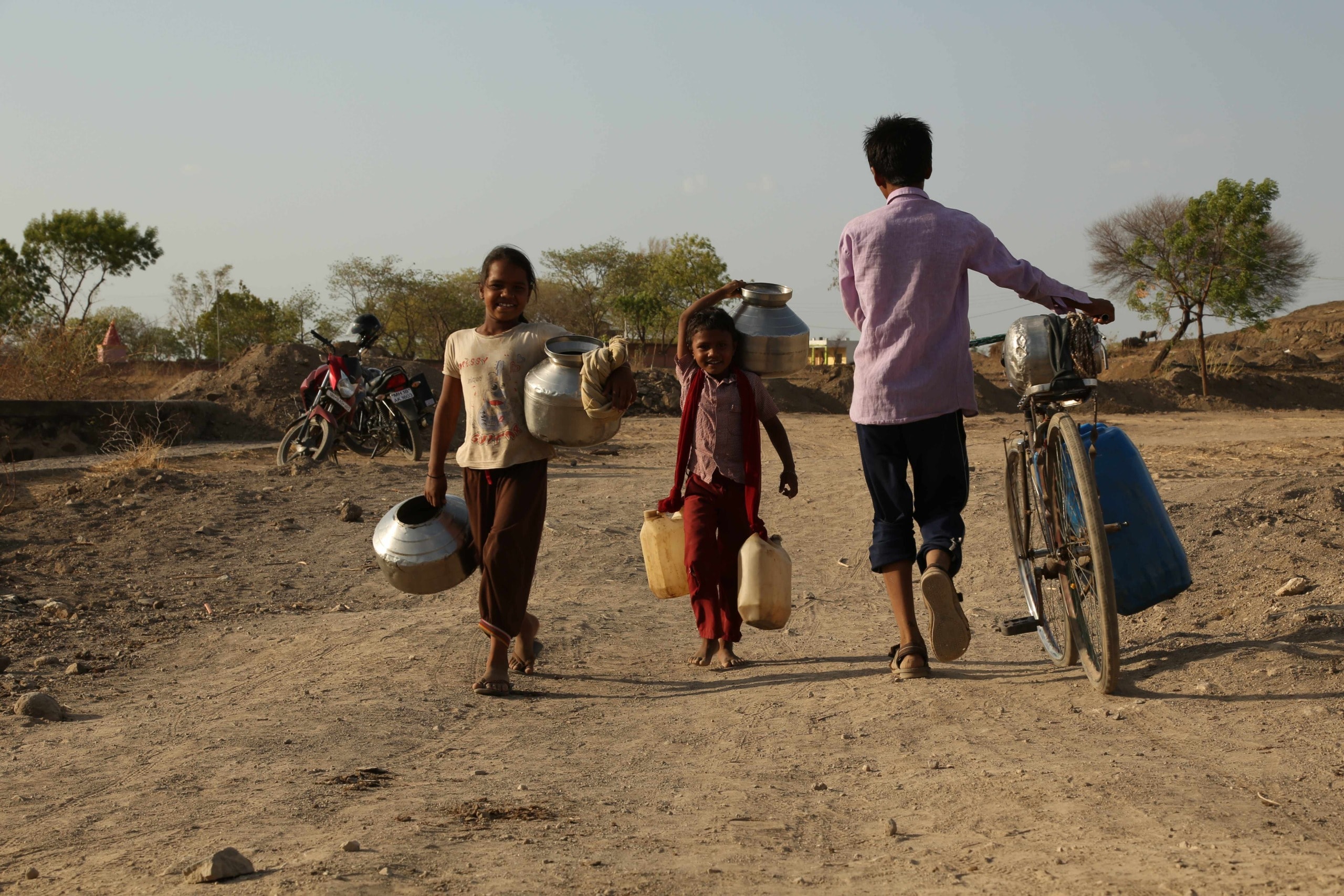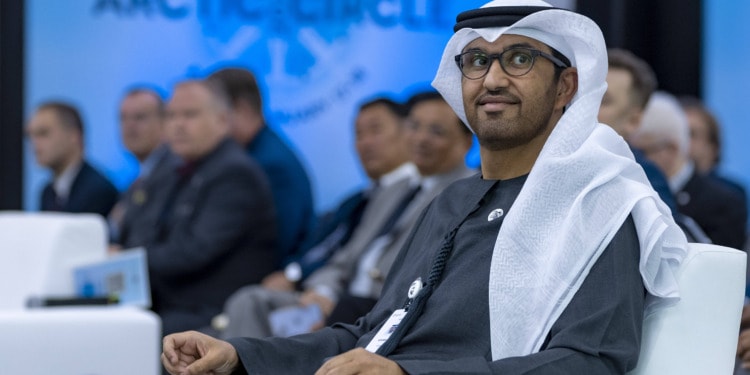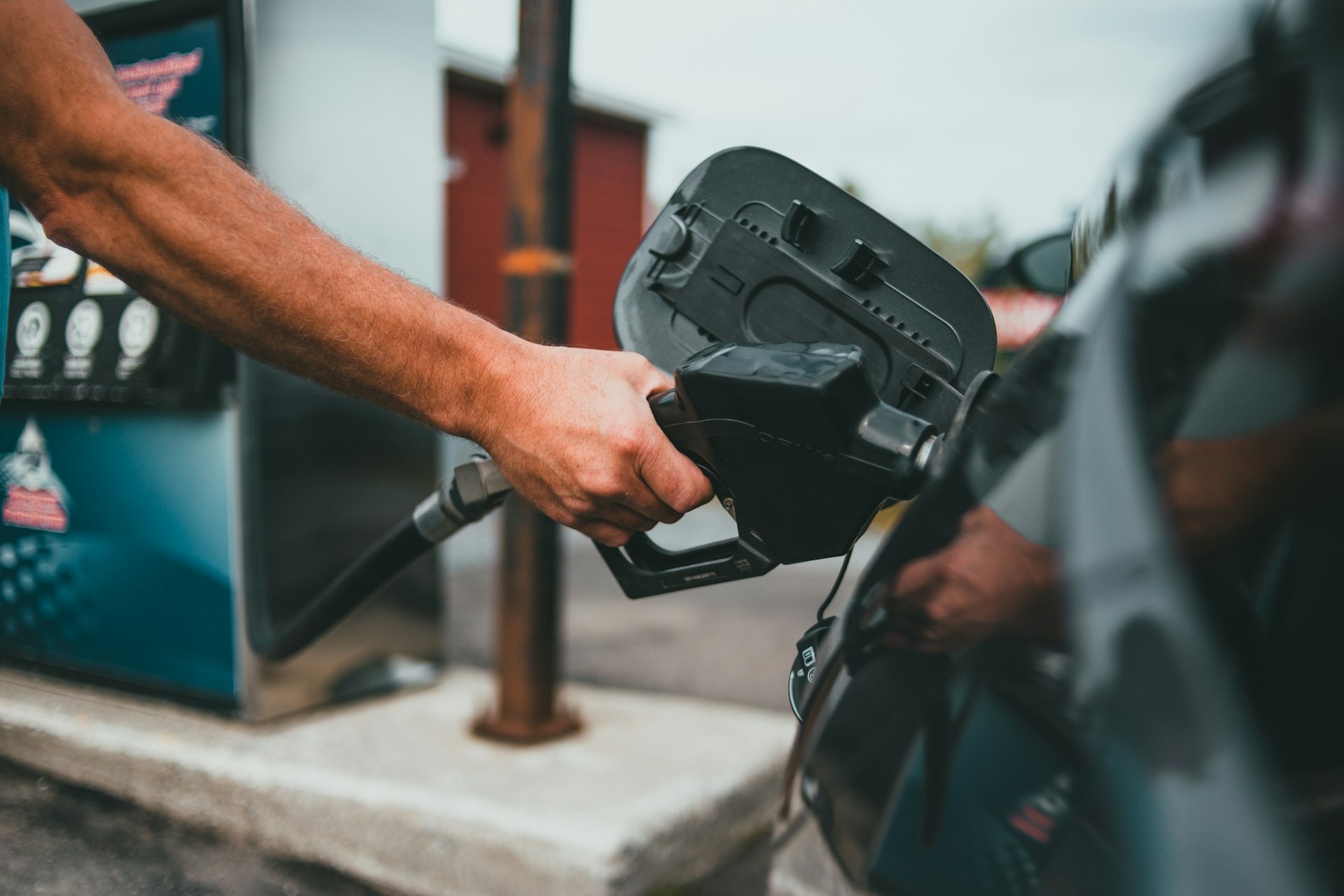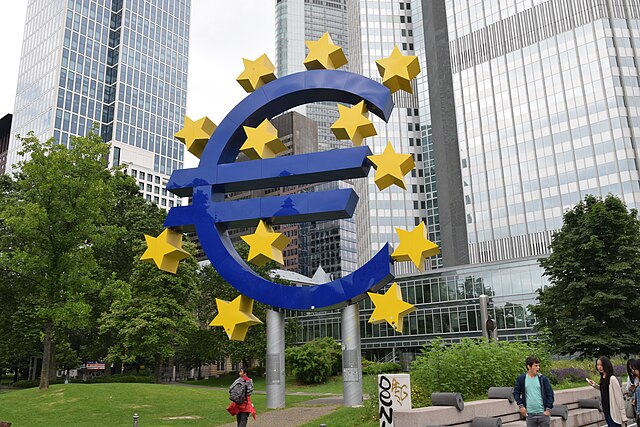“We must be brutally honest about the gaps that need to be filled, the root causes and how we got to this place here today.” These are the words Sultan Al Jaber, the Minister of Industry and Advanced Technology of the United Arab Emirates (UAE) and COP28 president, said in Brussels last month.
Al Jaber is the chief executive of Adnoc, the state oil company that, as the Guardian reveals, failed to report its methane emissions to the United Nations (UN) for almost a decade.
Al Jaber is also the one who will preside over COP28, the UN climate summit taking place in Dubai from November 30 to December 12, 2023.
How is it possible that the country that the COP28 host, the UAE, can get away with not reporting its methane emissions for so long?
Why We Need the COP28 Summit
In March 2023, the International Panel on Climate Change (IPCC) published the Synthesis Report, completing the Sixth Assessment Report after eight years of work.
The report encompasses all the knowledge we have on the climate crisis and concludes: We are very close to a breaking point, and we need swift and concrete actions now.
“This report is a clarion call to massively fast-track climate efforts by every country and every sector and on every timeframe. Our world needs climate action on all fronts: everything, everywhere, all at once,” said António Guterres, the UN secretary-general.
The extreme weather we have been witnessing in the past years — floods, drought, fires — is linked to climate change, and more than 3 billion people live in areas that are “highly vulnerable” to climate change. Further, almost half of the global population experiences water scarcity at least one month a year — and climate change is making things worse.

“This report is definitely a final warning on 1.5°C,” stated Kaisa Kosonen, a climate expert at Greenpeace International.
Keeping Earth’s temperature below the 1.5°C increase compared to pre-industrial levels is the goal of the Paris Agreement, the legally binding climate document signed in 2015 by 196 parties, including the UAE, at the United Nations Climate Change Conference (COP21).
Fossil fuels, such as oil, gas, and coal — are the largest contributors to climate change: Greenhouse gas emissions trap the sun’s heat and drive global warming. It comes without saying that if we want to abide by all the terms of the agreement and reduce our footprint, we have to limit our fossil fuel emissions.
Limiting the emissions of methane — a natural gas that is generated when living things decompose — is vital to tackling climate change in the short term. Even though methane is a natural gas, it is also released as a result of fossil fuel burning and agricultural activities, among other things, and is responsible for more than 30% of the rise in global temperature since the Industrial Revolution.
The energy sector — which includes the burning of oil, gas, natural gas, and biofuels — accounts for 40% of methane emissions connected to human activity. It is the second-highest sector after agriculture.
Related articles: COP: What Is it Exactly and Why Is COP27 so Important? | Engaging the Arab Youth in Climate Action | EU Calls World to Climate Action: Phase-Out Fossil Fuels Ahead of COP28 | Oil Baron Elected President-Designate of COP28: How Has the UN Allowed This?
According to the International Energy Agency (IEA), with our current technologies, we could reduce methane emissions resulting from oil and gas by 75%. If this is not a reality yet, it is because of the lack of action from governments and companies, the IEA says.
“Less than 3% of the income accrued by oil and gas companies worldwide last year would be required to make the USD 100 billion investment in technologies needed to achieve this reduction,” writes the IEA.
Adnoc, UAE’s state oil company, acknowledges that methane is a major contributor to climate change, yet fails to present its methane emissions to the UN.
COP28 Host UAE’s Stance on Climate Change and Global Emissions
“We are at the midway point between Paris and 2030, but we are nowhere near close enough to our destination. We have to face facts. The incremental steps taken so far to address the climate crisis are not meeting the urgency of the moment,” Sultan Al Jaber declared at the Ministerial on Climate Action in Brussels last July. “As I’ve said many times, the phase down of fossil fuels is inevitable. It is in fact essential.”
The public stance of the UAE is to reduce its impact on the planet by tackling fossil fuel dependencies, among other solutions. In October 2022, UAE’s national oil company Adnoc announced that it would limit methane emissions to 0.15% of the total gas produced by 2025. The announcement was praised for being one of the highest goals in the Middle East.
“The new methane intensity target further reinforces our commitment to environmentally responsible production of low carbon energy and our support to the UAE’s Global Methane Pledge,” states the company’s webpage on methane emissions.
In July 2023, Adnoc also published “Advancing Towards Net Zero,” a document that illustrates the company’s journey towards the zero emissions goal between 2025 and 2045.
Marking a new chapter in ADNOC’s transformational journey to a lower carbon future, we have brought forward our Net Zero ambition to 2045 and aim to achieve zero methane emissions by 2030.
— ADNOC Group (@ADNOCGroup) July 31, 2023
However, the report only takes into consideration the methane emissions that derive from their “operated oil and gas assets” and not the emissions that come from the burning of the oil and gas they sell.
But as the Guardian found, the UAE has failed to report its methane emissions to the UN for almost a decade. This, together with the country’s plans to expand oil and gas production against scientists’ remarks, led critics to point out Al Jaber’s inadequacy as COP28 President-Designate.
Last month, Sultan Al Jaber told the Guardian that “[p]hasing down fossil fuels is inevitable” and “essential,” and that it’s “going to happen.”
“[Y]ou can’t unplug the world from the current energy system before you build the new energy system. It’s a transition: transitions don’t happen overnight, transition takes time,” Al Jaber added.
No timetable has been specified for when he believes this renewable energy transition can happen.
In May 2023, COP28 President-Designate Al Jaber was criticized for attempting to greenwash his image with the help of his media team. In fact, he was accused of adding quotes to his Wikipedia page to highlight the importance of his role as CEO of Adnoc and its positive impacts on climate change.
All this has led to 130 lawmakers from the USA and Europe writing an open letter to the UN, EU Commission President Ursula von der Leyen and US President Joe Biden, asking them to remove Al Jaber from this position.
Still, as of the time of writing, Al Jaber remains the COP28 President-Designate. Can the revelation of the UAE’s lack of methane emissions reports be the straw that breaks the camel’s back?
Editor’s Note: The opinions expressed here by the authors are their own, not those of Impakter.com — In the Featured Photo: Dr. Sultan Al Jaber, Minister of Industry and Advanced Technology of the United Arab Emirates (UAE) and COP28 president, January 2023. Featured Photo Credit: Arctic Circle.













